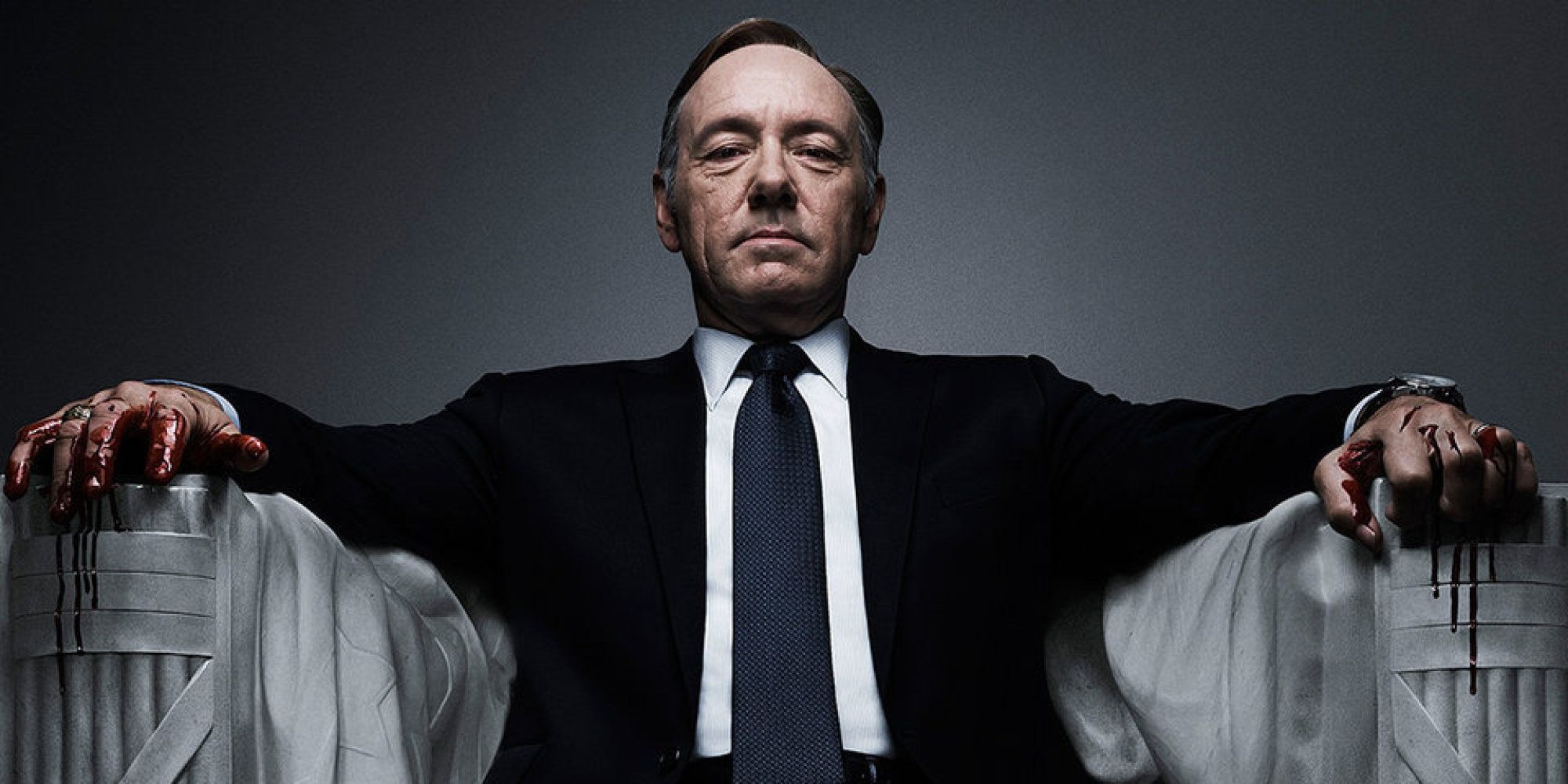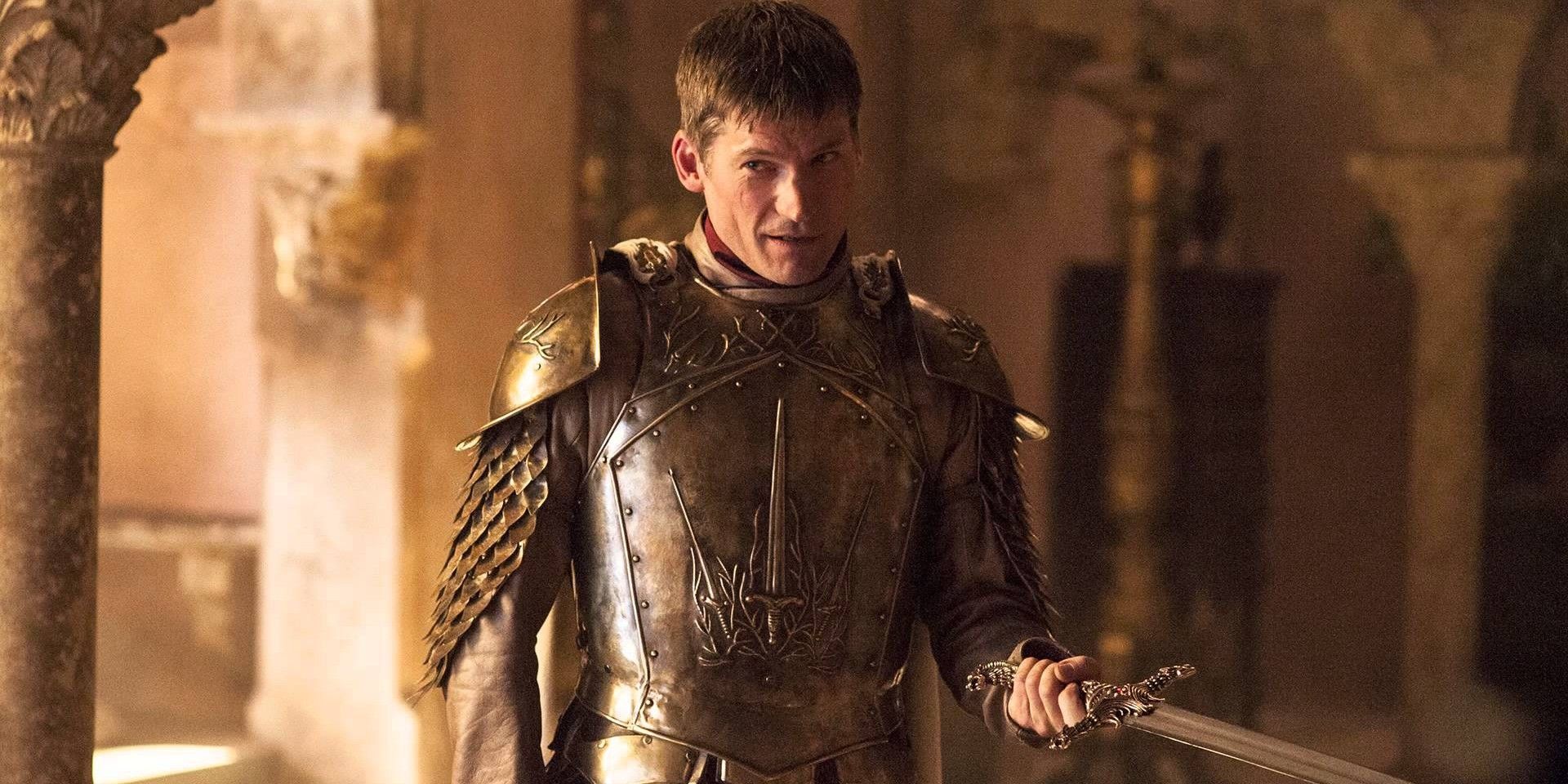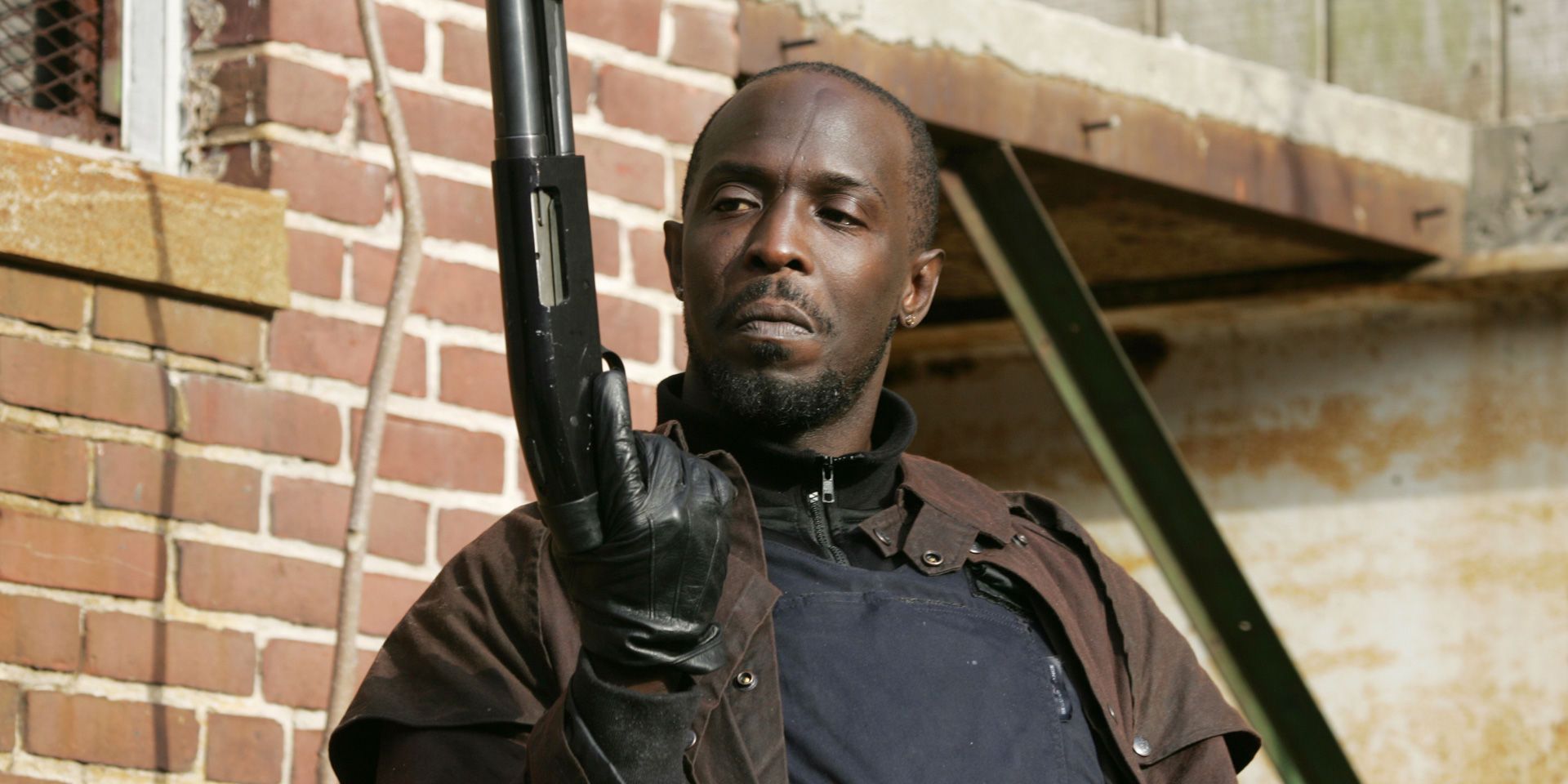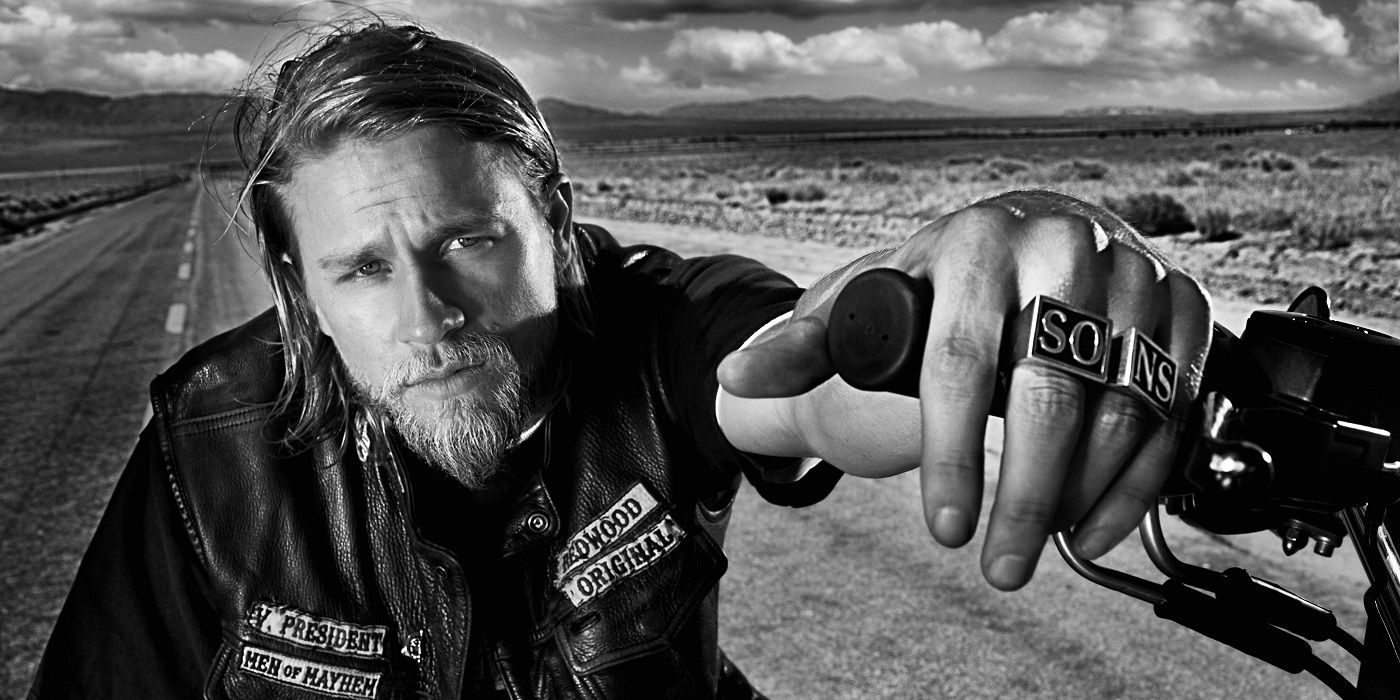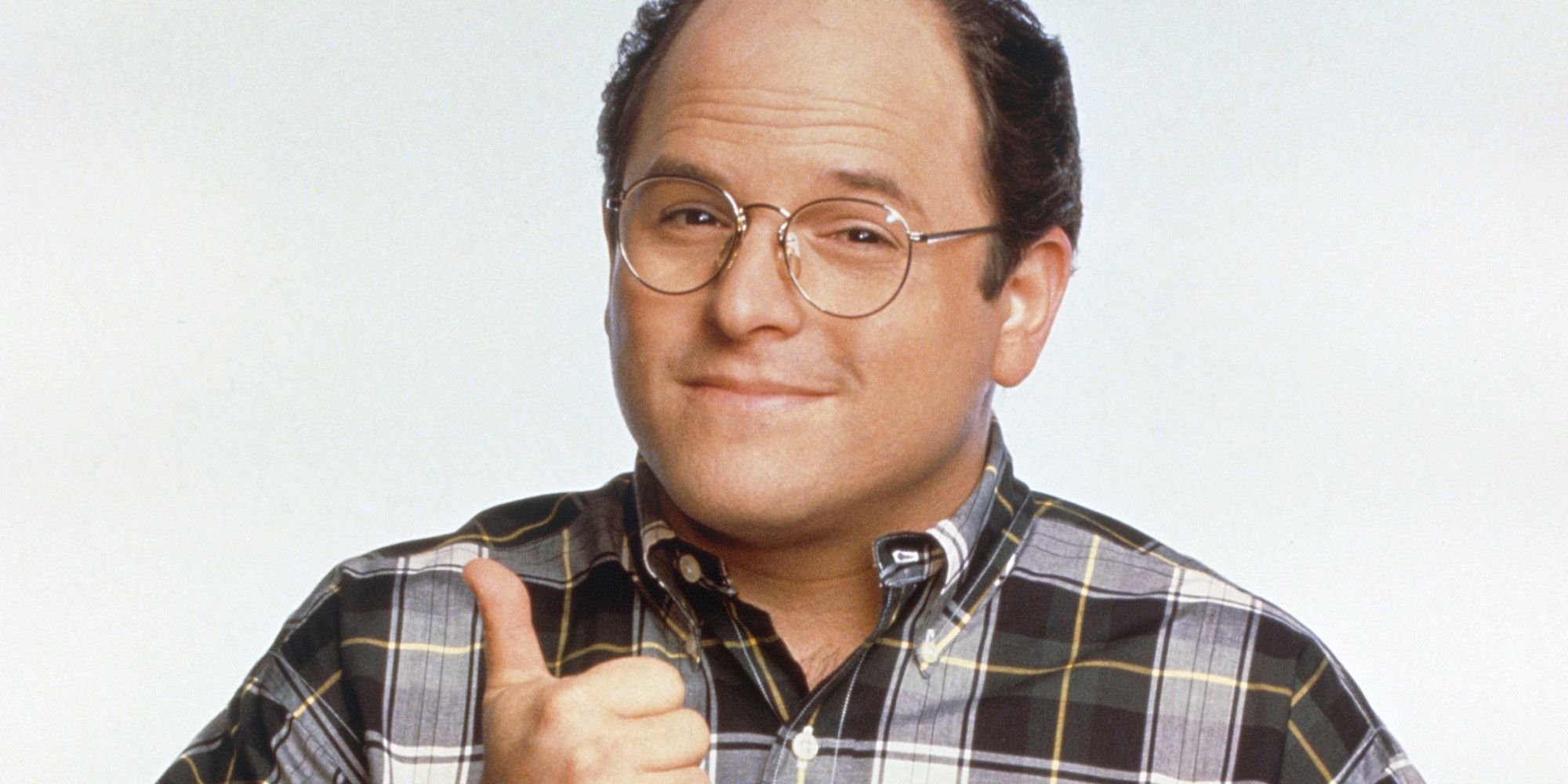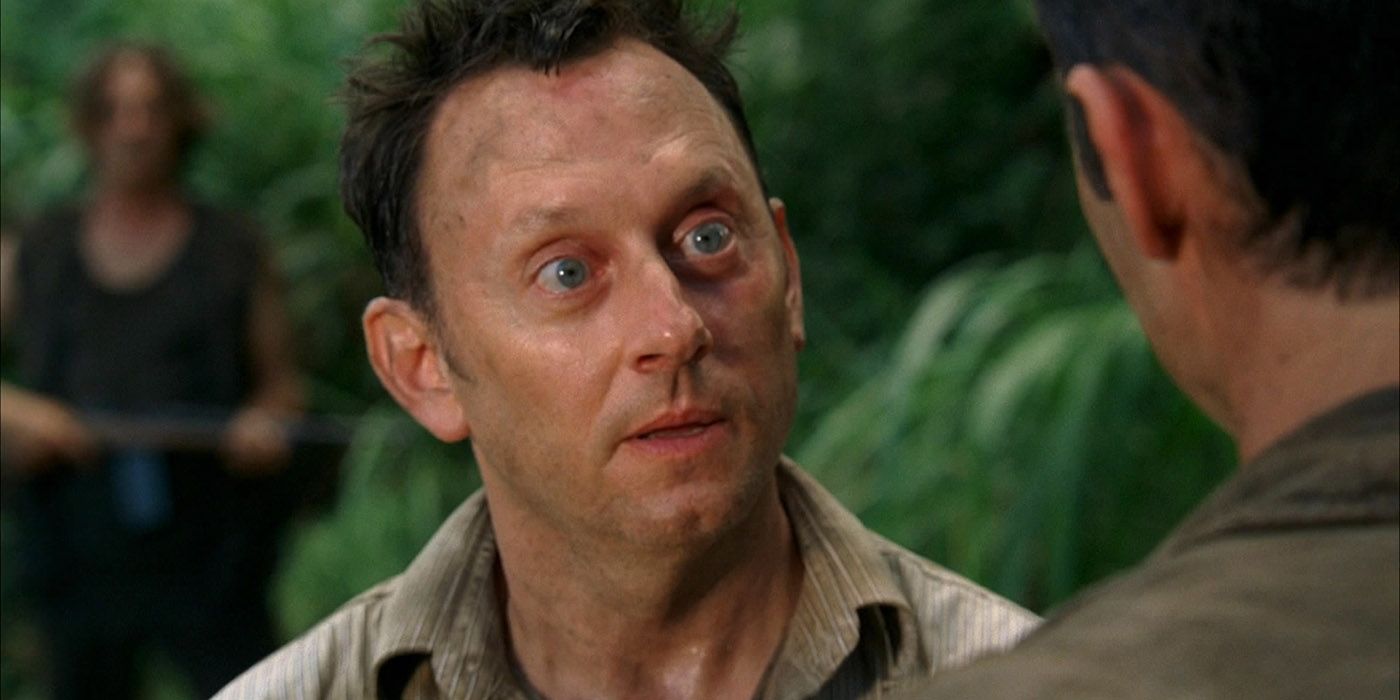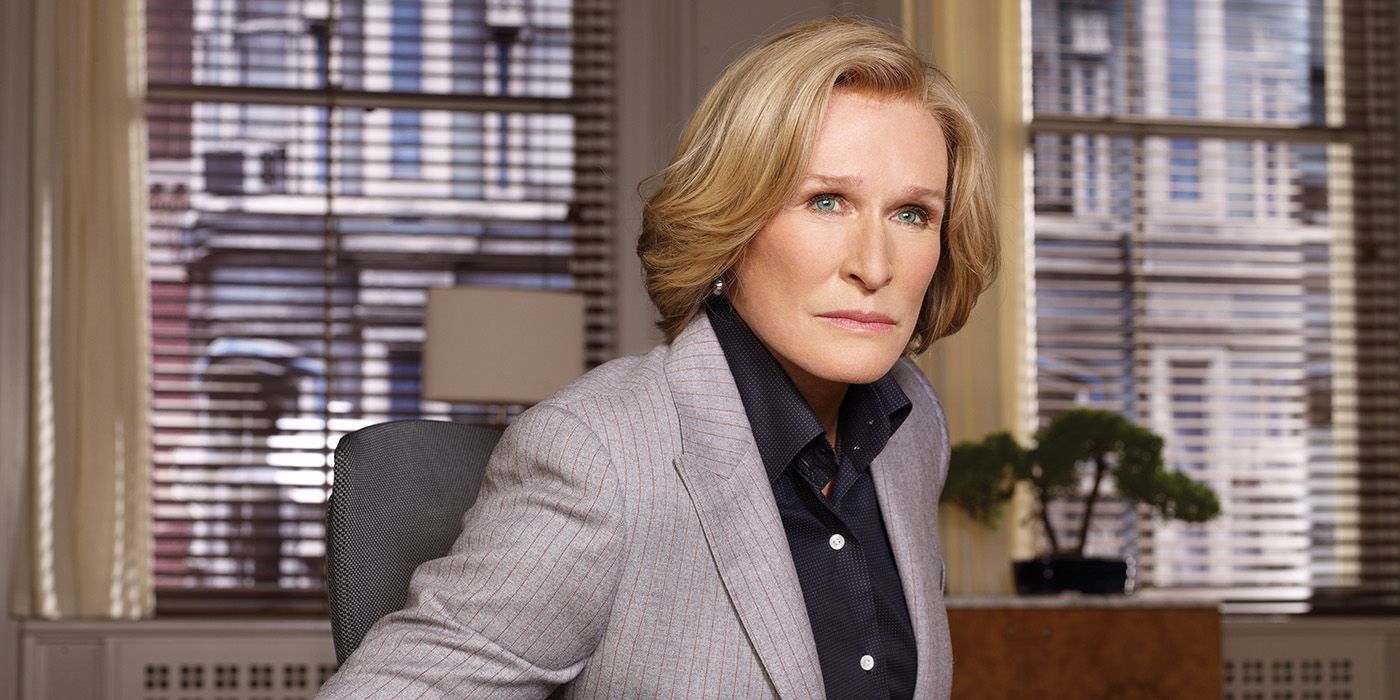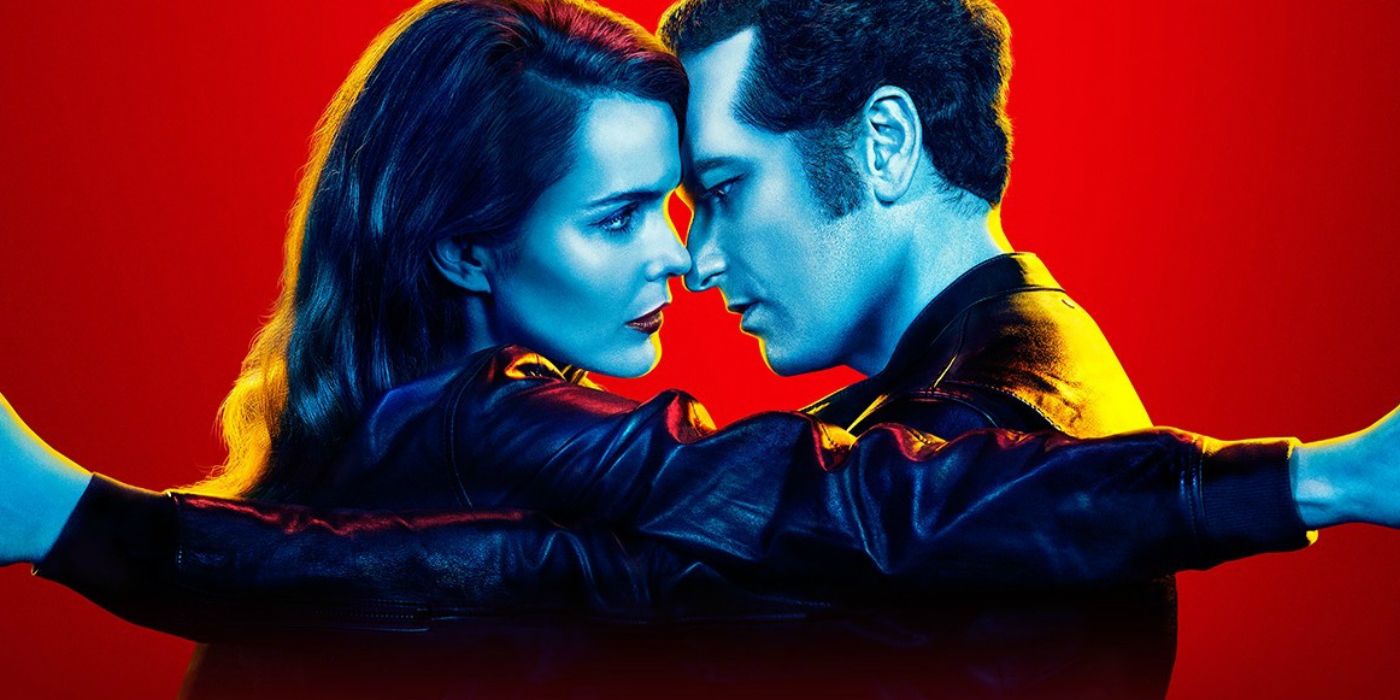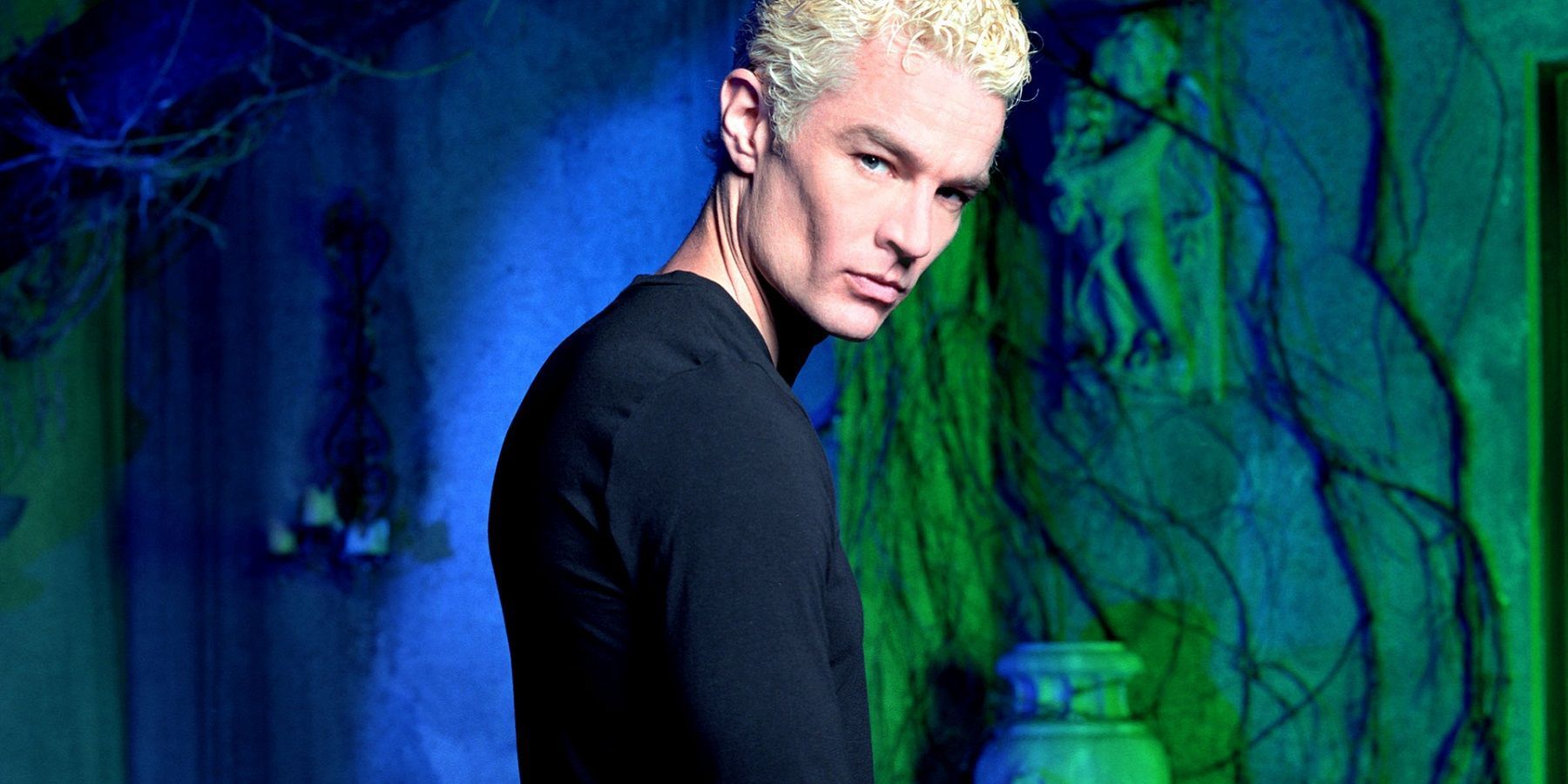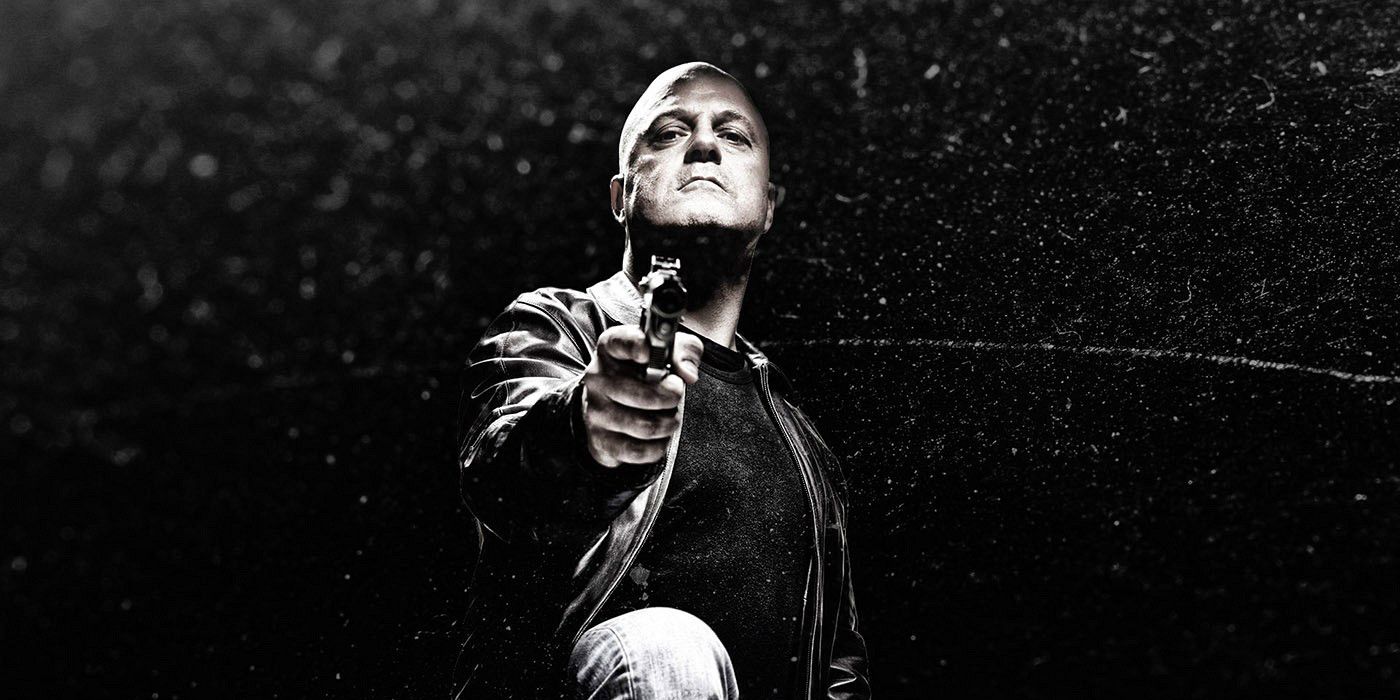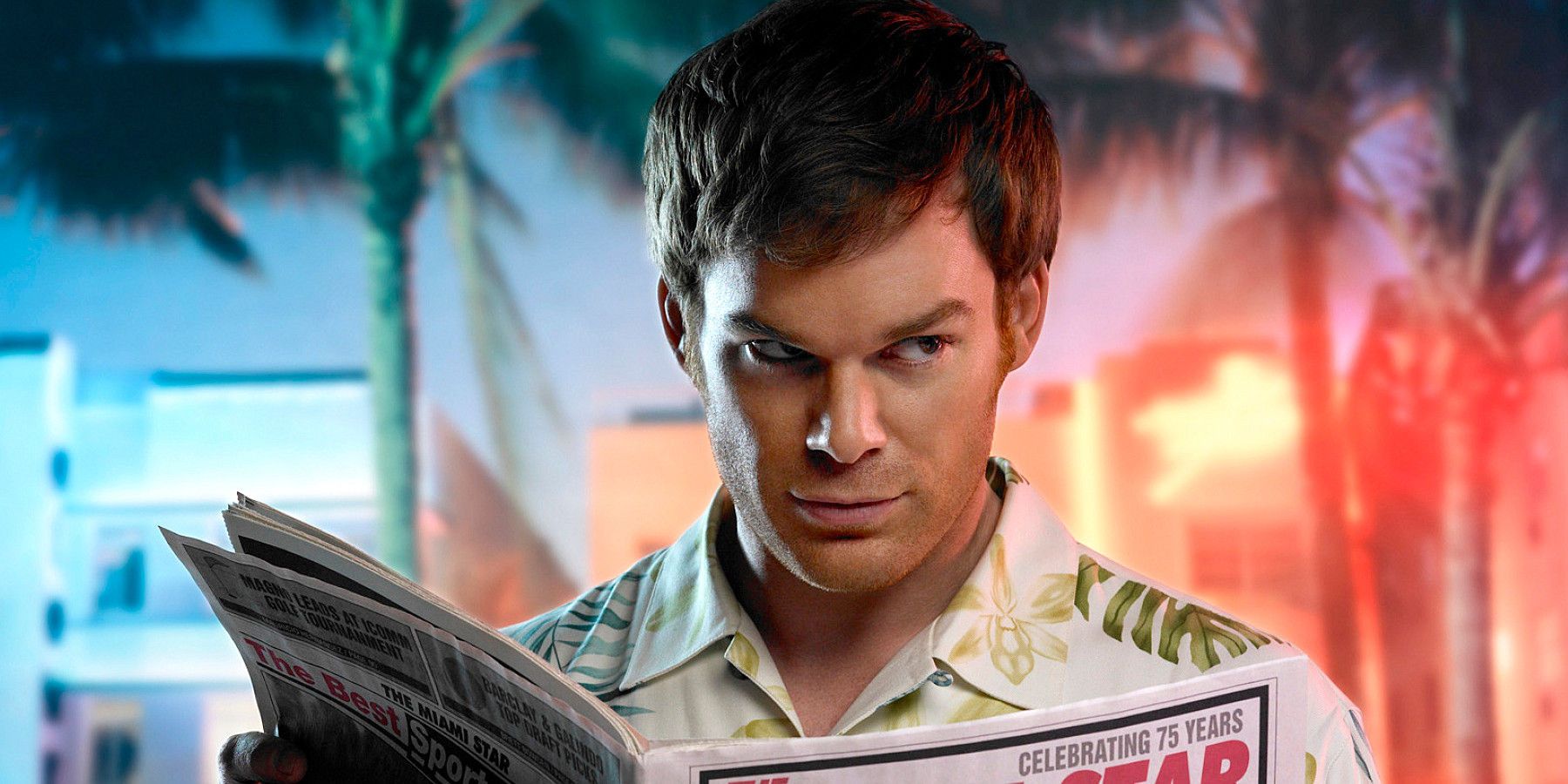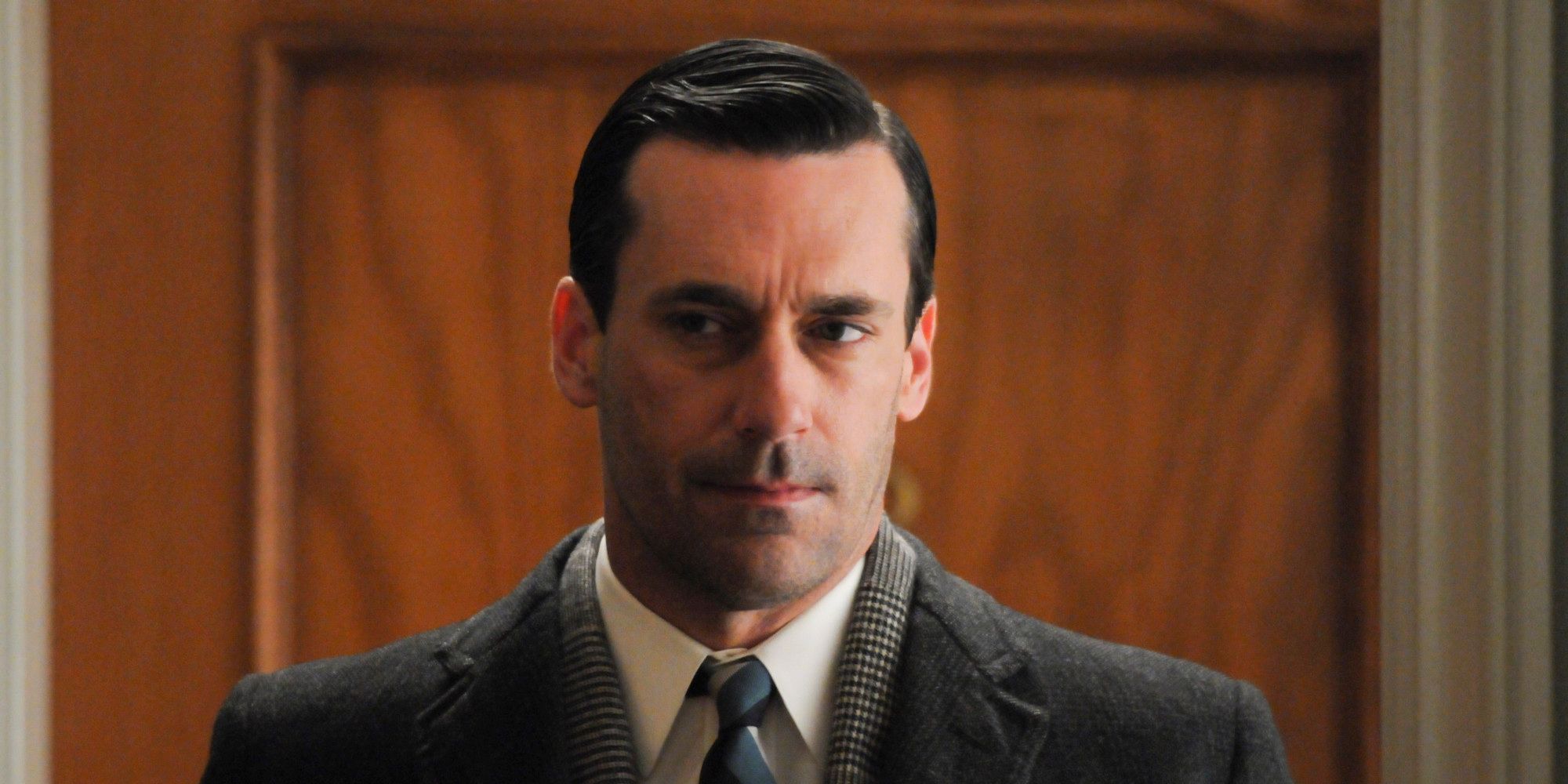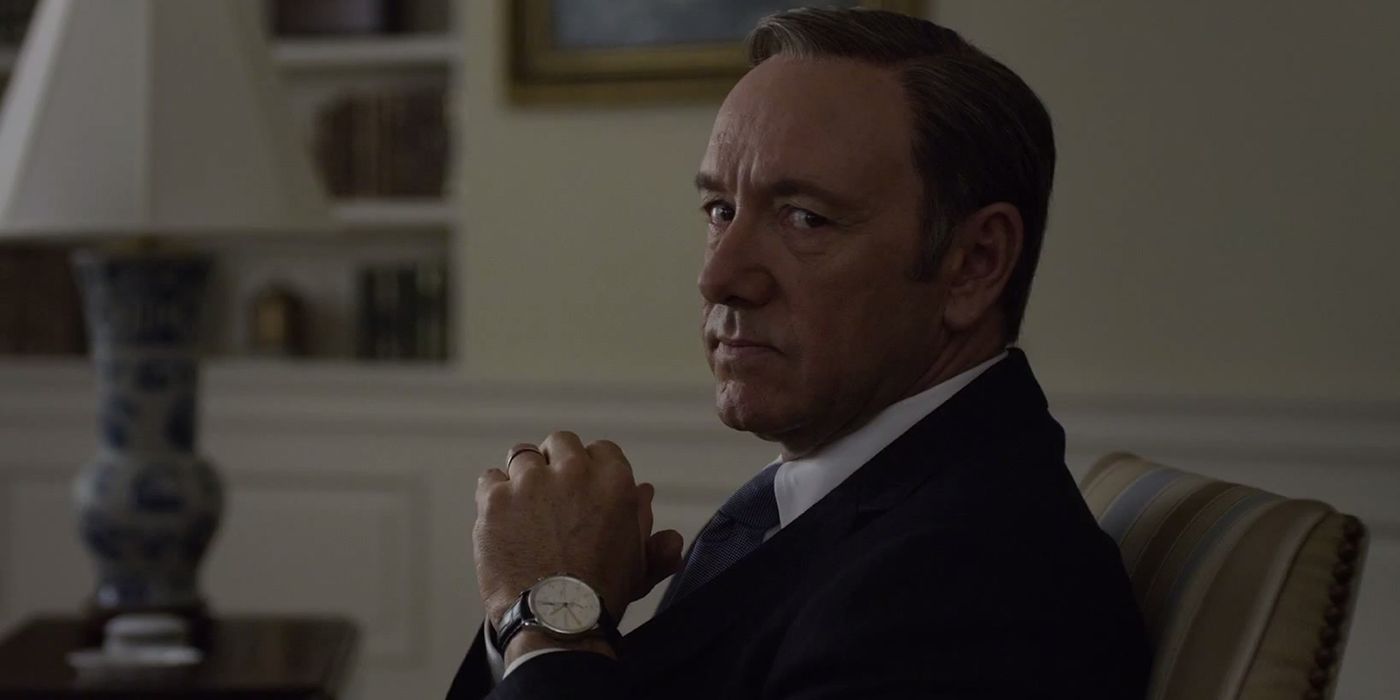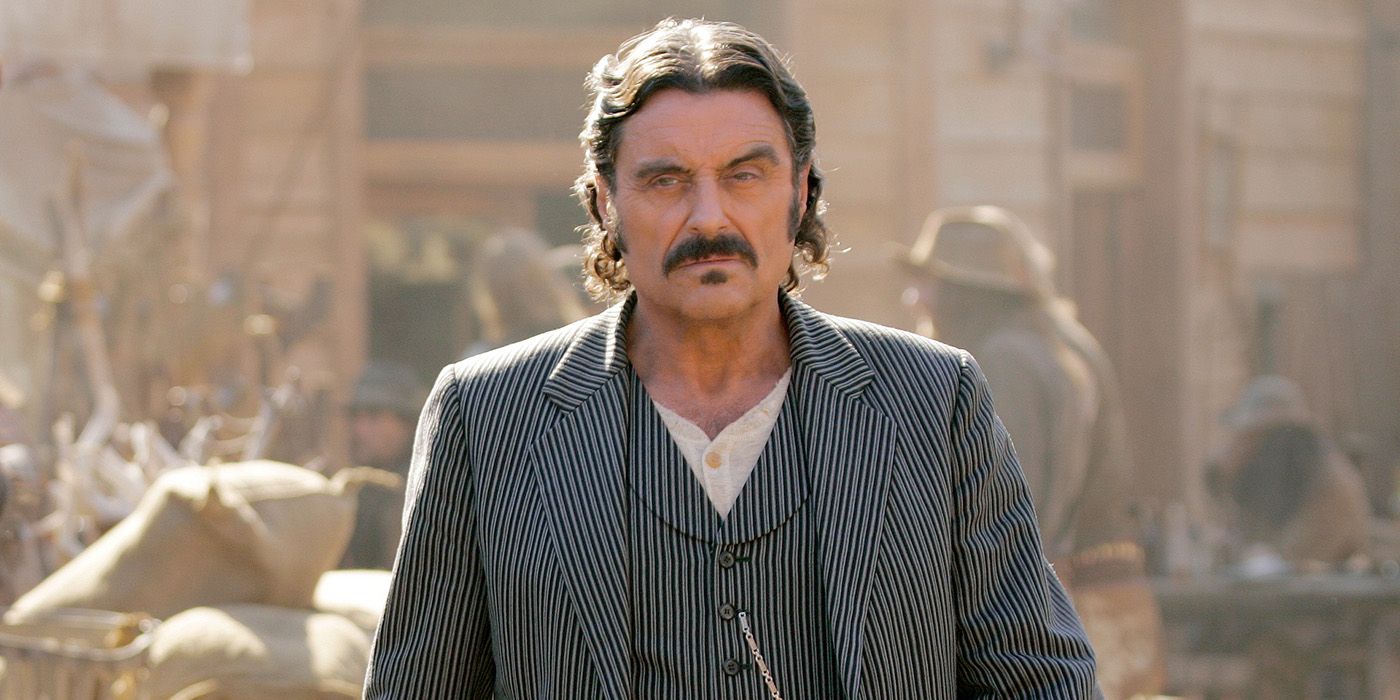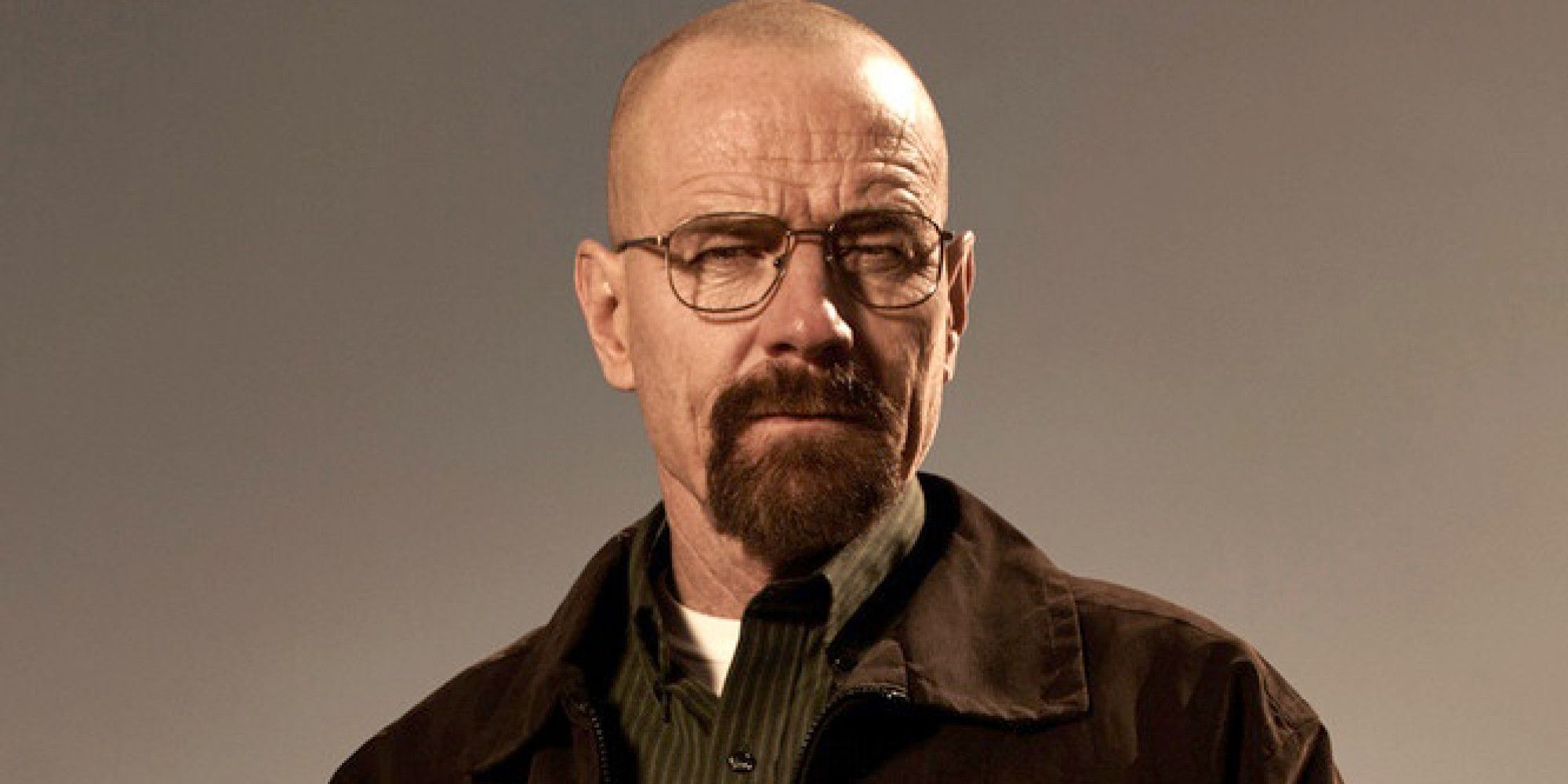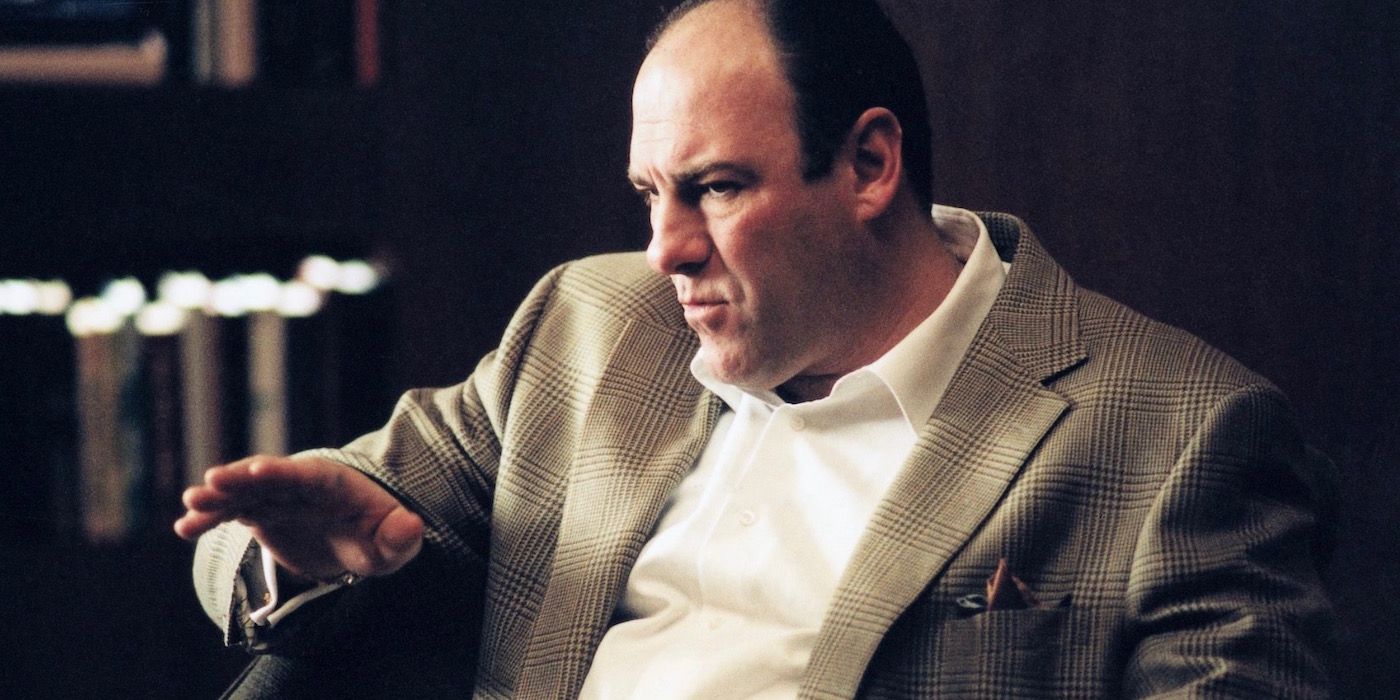In the movie Goodfellas, Henry Hill quips that Jimmy Conway had so much fun being a villain that he would regularly root for the bad guys in movies. At the time, it was seen as a sort of confirmation of the man's demented world view. Now, however, it's a statement that would likely be met with quite a few shrugged shoulders from TV fans, who can completely sympathize with a man who isn't compelled by simplistic good guys.
Blame that change in attitude on the rise of the television antihero. Some say that we live in the golden age of television dramas, but few argue that we live in the golden age of antiheroes. There was a time when these characters perhaps would have been the villains that Jimmy Conway rooted for when he went to the movies. Now, however, they are routinely cited as some of television's most captivating and beloved characters despite the fact that nobody would call them nice people.
These are the 15 Greatest Antiheroes In Television History
15. Jamie Lannister
Like many of the antiheroes on this list, Jaime Lannister began life as the show’s villain. Actually, it’s quite easy to hate him upon first sight. Here is this tall, blond, immaculate, smirking jerk who looks like he’s never worked a day in his life, surrounded by the battle-hardened virtuous warriors of the North. Before the show even clearly paints him as a villain, his mere appearance makes it easy for viewers to understand that he is the classic fantasy foe in the midst of classic fantasy heroes.
Of course, Game of Thrones is anything but classic fantasy and Jamie Lannister is anything but a classic villain. What’s brilliant about Jamie Lannister is how all of his worst traits have some kind of logic supporting them. You may not like everything he does, but before too long, Lannister shatters just about every assumption that we, as the viewers, have made about him. He redeem himself through semi-heroic actions that make sure we completely understand why he became the man he is. Jamie might have unforgivable actions in his past, but he’s hard not to root for in the end and even harder to ignore.
14. Omar Little
It’s easy to paint Omar as a Robin Hood-type character. After all, he’s a man that robs from evil drug dealers and gives to the… well, perhaps not always the poor, but he certainly has his methods of redistributing the wealth. The biggest difference between Omar and Robin Hood (who probably wouldn't be described as an antihero) is the world that they live in. Robin Hood often stole from cartoonishly evil oppressors and gave their wealth to frighteningly downtrodden individuals who looked like they’re a skipped meal away from death’s door.
Omar doesn’t live in that world. The world of The Wire is one of moral ambiguity, where good and evil is often a matter of perspective. Omar has decided to not choose a pre-ordained side, but rather to pick up his gun and make a living through fear, robbery, and violence when the situation calls for it. He tends to be viewed as a hero, not because he is an outstandingly righteous figure of virtue in a corrupt world, but because he seems to be the only person in this evil world whose actions all seem to yield some kind of direct result.
13. Jax Teller
In many ways, Sons of Anarchy's Jax Teller is the embodiment of the modern television antihero. Any good antihero must have something about them that is blatantly morally wrong or outside of the boundaries of traditional heroic actions. For Jax, that thing is his lifestyle and profession. As the second-in-command of a motorcycle gang, Jax is often responsible for running drugs, distributing beatings, smuggling guns, and, lest we forget, causing unnecessary levels of volume during public events with his motorcycle. Not that your average biker gang doesn’t have their fans, but most would agree that they are a public threat.
Although Jax represents everything about biker gangs that earns them their negative reputation, he’s also something of a voice of reason within his own twisted gang. Jax has no problem with being a bad guy, but he’s also the guy who often knows where to draw the line between “just business” and “too far.” Yet, Jax is also still, fundamentally, a human being who can occasionally take it "too far," despite the good intentions that fuel him. He wants to do the right thing, even if he doesn’t know what that is, which makes him surprisingly relatable.
12. George Costanza
When you think of television antiheroes, there’s a good chance that Seinfeld's George Costanza does not spring to mind. George isn’t a criminal (not a major criminal, at least), he doesn’t kill, he doesn’t deal drugs, and he doesn’t really do anything too abnormal-- in terms of villainous actions, at least. He’s a comical character who is certainly flawed, but most of his flaws tend to backfire solely on himself rather than impact the rest of the world. So what makes him an antihero?
"Nearly everything else about him" would be the short answer to that question. George Costanza may not break the modern boundaries that society has drawn between villains, heroes, and everyone else, but as a member of the “everyone else” brigade, he is an absolutely terrible human being. Everything that he does is done to serve himself in some way and the worst day in George’s life is every day that he's forced to get up and function in society. Technically, George is an exaggerated representation of co-creator Larry David, but really he is the embodiment of the modern human at their daily worst.
11. Ben Linus
To really appreciate the character of Ben Linus, you need to watch Lost chronologically up until the point of his arrival. Before Ben Linus entered the picture, the Lost audience was left to pick at nearly every loose thread the show left hanging to try to unravel just what was going on. While much of the early appeal of the show centered around trying to figure out what was going on, it became frustrating after a while to see how little the show was giving its audience to work with. Until Ben Linus arrived on the scene, that is.
It doesn’t take long for Linus to establish himself as a real villain of Lost. He is a maniacal, selfish, treacherous little man that isn’t above turning traitor against his own people to get what he wants. However, Ben Linus is also the man with the answers. Even though nobody else seems to know what’s going on, he is seemingly always on top of even the most bizarre events. Because of this, Linus becomes a magnet for the audience's attention. No matter how low he may sink, you feel compelled to see more of Linus (and even sometimes cheer him on), just to know everything that he knows.
10. Patty Hewes
Patty Hewes of Damages is an interesting study on the effect that someone’s environment has on their upbringing and subsequent adulthood. She was born the daughter of a judge and grew up amongst a series of great legal minds who talked about little else. More importantly, however, she grew up as the victim of abuse. This combination of admiration and resentment toward her father eventually led to her pursuing a legal career path despite the fact that she seems to resent nearly everyone in this world, including herself, for what they are-- or what she perceives them to be.
In short, she is a born and raised legal shark. One moment, we the audience are shocked by the lengths she will go to in order to get what she wants and in the next moment Hewes is seemingly vindicated by the actions of another character who suggests she was right in applying her trademark levels of ruthlessness. If she had been born into another life, then it’s quite easy to imagine that Patty Hewes could have been a more traditionally likable hero, due to her undeniable intelligence and charisma. The fact that she was born into this one and chose to do whatever is necessary to thrive in it is what makes her such a great antihero.
9. The Jennings
It’s easy enough to understand what makes the Jennings such compelling characters. As Russian sleeper agents living in America in the midst of the Cold War, their life is filled with the kind of danger and intrigue that cause many people to seek out spy fiction as a means of entertaining escape. This family never has to suffer through a dull moment as their lives are continuously interrupted by one kind of danger or another. They are incredibly interesting characters that a lesser team of writers might eventually get around to ruining by transforming them into anti-Russian heroes.
Without getting too heavy into show spoilers, that transformation doesn’t really happen throughout much of The Americans. Although there are instances which see the Jennings’ loyalty to their home country waver, for the most part they remain Russian spies trying to take down the American government. Despite this, even American viewers find themselves rooting for the adventures of the Jennings to continue, not necessarily because they began to sympathize with them, but because it would be a shame if these two found themselves in jail and unable to continue their morally questionable (but fascinating) missions. That is the mark of a great anti-hero.
8. Spike
At the time of his arrival, Spike represented a different kind of Buffy The Vampire Slayer villain. Oh sure, he was really just a vampire who possessed none of the extraordinary abilities of the show’s more elaborate “big bads,” but Spike was the first Buffy villain that you could really describe as cool. He wasn’t just some cartoon cutout monster who snarled his way to defeat. He was a character just as witty and enjoyable as the heroes that fans had come to know and love.
By presenting villains who are just as cool, if not cooler, than the heroes, Buffy could have become a tonal disaster that lost its ability to present even the most simplistic tale of good vs. evil. Instead, the arrival of Spike marks the moment where Buffy became the great show it is heralded as today. Spike was the kind of character who dared you to root for him. He seems to be on a constant mission to one-up his own despicableness with an escalating series of horrible actions, but throughout it all, he maintains that incredible personality that is impossible to not be drawn to. Spike eventually made the transition to a more traditional hero, but for some time he thrived as the one vampire you loved to hate and just flat out loved.
7. Vic Mackey
Right from the very first episode, The Shield does all it can to send a clear message that Vic Mackey is not a hero. We’ve seen supposed television heroes get away with some really sick stuff before, but the image of Vic Mackey murdering a fellow cop, just because he feared that the officer would tell internal investigations about the awful things he routinely did, was about as low as a television show has ever let its main character sink. In any program that came before, this lone action would have made Vic Mackey a clear-cut villain.
Why isn’t that the case here? Well, in part it’s because of the classic production technique of focusing on so closely on Mackey that the audience has no one else to root for. Beyond that, however, a big reason why Mackey achieves a kind of warped hero status is because he applies an equal level of ruthlessness to the very worst of criminals as he does his fellow officers. He’s less of a human being and more of a force of nature. You know that he is capable of great destruction, but you’re still somehow unable to look away from him and simply focus on something more pleasant.
6. Dexter
Showrunners in the golden age of television drama must have started to feel like they could get audiences to root for just about anyone, so long as they made the focused heavily on their protagonist and made sure that the actor playing them wasn’t too physically unappealing. It’s a theory that is proven by Dexter. We’ve been rooting for gangsters and outlaws for ages, but a show that gets people to cheer for a bonafide ritualistic serial killer is a show that proves just how much audiences crave a good antihero.
Although Dexter Morgan lives by a moral code that prevents him from killing people who are innocent, he still represents one of the most traditionally evil main characters in television history. What’s truly disturbing about the popularity of Dexter is that the show never really tries to justify his mindset beyond pointing out that he was born into tragedy and has several genuine mental illnesses. His origin story could have just as easily been applied to any number of real-life serial killers, and it leaves viewers with the horrible realization that they may be able to sympathize with just about any monster if they get to know them well enough.
5. Don Draper
It’s funny to look back on the pilot episode of Mad Men and view it from the perspective of a first time viewer. For the vast majority of the episode, that new viewer has no reason to treat Don Draper as an antihero. Oh sure, he drinks a bit too much, he represents a tobacco company, and his attitude towards women and his employees isn’t exactly progressive, but you can write off many of his flaws as products of the time he lived in. That is until the episode’s final moments, which see Draper return home to his wife and children. At this moment, we realize that Don Draper is a lie.
The show would go on to expand upon that concept in more literal ways, but the fact that Draper is able to live two lives so easily makes him significantly more despicable than if he chose one over the other. It’s in this context that Draper’s previously semi-understandable actions take a turn towards reprehensible. What’s interesting is that we don’t watch Mad Men to see Draper redeem himself or even necessarily to see him get what’s coming to him; we watch it to see if he can keep his lie together, and even secretly hope that he will.
4. Frank Underwood
Whereas a show like Mad Men tries to hide the true nature of its main character by concealing their seedy qualities for as long as possible, House of Cards makes it clear that this will be a show about a very bad man within just the first few minutes. In the series’ opening scene, Frank Underwood stares directly at the camera, breaking the fourth wall, and informs the audience that he is a man who feels no shame in taking action to do what he see as "right." He then backs up these words by killing a wounded dog just off camera.
Wow. You know that you should be horrified by such a thing happening, but what makes many viewers simply accept the moment is how actor Kevin Spacey sells the scene. Then again, Underwood is a politician and that’s kind of his job. Actually, you could probably more accurately describe Frank Underwood as a snake-oil salesman with a loyal voter base. He makes no concessions in his representation of the very worst elements of the modern political world, but because the viewer is so compelled to get a glimpse inside the true nature of that world, they will more readily accept and latch onto a main character that is indisputably evil.
3. Al Swearengen
There are few genres less interested in dealing with moral complexities than the American western. With relatively few exceptions, the average western movie of the genre’s golden era really goes out of its way to present its heroes as righteous and its villains as nasty. In fact, it’s because of Westerns that we have the “white hat, black hat” classification of typical heroes and villains. What’s really interesting about that approach is that there are few eras in American history as driven by greed and desire as the fabled wild west.
It’s why Deadwood's Al Swearengen is such a breath of fresh air, despite his considerable flaws. There is absolutely no confusing Al Swearengen with a good man. From a young age, he was a forced to be a conniving crook who will go to any lengths to get by, and he grew into a man who sees the most horrific acts as the price of doing business in the gold-driven mini-empire he has built for himself. Then again, he’s really the only character who seem entirely comfortable with who he is and what he must do. Everyone in Deadwoodhad gone west to find something for themselves and Swearengen just so happens to be one of the most successful of them.
2. Walter White
As the story arc of Breaking Bad deals with the transformation of Walter White from everyman to supreme villain, his classification as an antihero requires a little clarification. Walter White went from being a man who is simply trying to cope with his poor circumstances to bad guy who we just can’t help but treat as the hero anyway. If you want to pinpoint his moment of transformation, it's probably when he finally pulls off that one big score and continues to pursue his new lifestyle even after getting enough money to care for his family.
However, Walter was always something of an antihero, even when he was seemingly a nice guy in a bad situation. Later revelations about the character demonstrate that many of his initial hardships came as a result of his own hubris and desire for superiority. He always wanted to be the ruler of an empire and the humble little life we caught him living at the start of the show was more a result of his failure to do so than a reflection of his moral decency. He knew exactly how to present himself as a victim and would continue to do so for as long as possible.
1. Tony Soprano
Since the release of Little Caesar in 1931, studios have found a way to get audiences to sympathize with the American gangster. Right from the start, the average person has been drawn to these men and women that didn’t take the hand they were dealt and instead went outside of the boundaries of the law to seize the American dream that they were told was obtainable. Gangsters weren’t the first antiheroes of entertainment, but they were the first antiheroes of the big screen.
It’s appropriate, then, that the greatest antihero of the small screen would be a gangster. In some ways, Tony Soprano’s villainous nature is derived from the nature of his work. He steals, he kills and he does whatever is necessary to keep himself wealthy and out of prison. What makes Tony Soprano a far more fascinating antihero than his earlier film counterparts, however, is the way that The Sopranos doesn't try to romanticize Tony or his lifestyle. Tony isn’t a rebel against an unjust system; he’s a sociopath who chose this life because it allowed him to never confront his deep-seeded mental issues. Much like Tony’s therapist, we come to realize this fact long after we’ve already become entranced by his existence.

